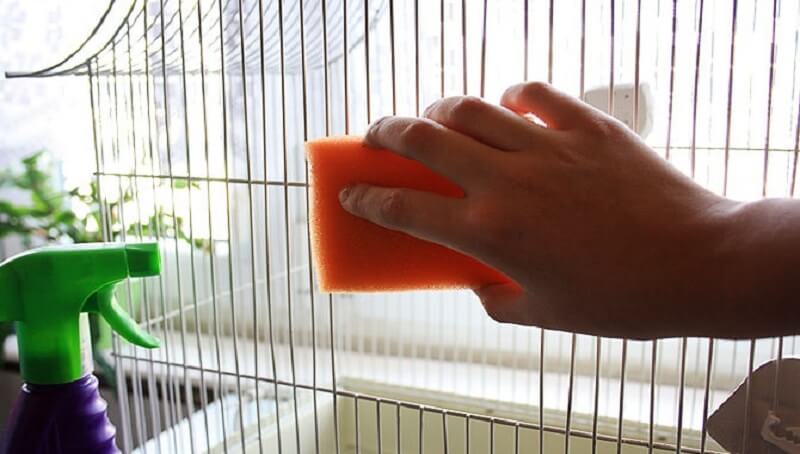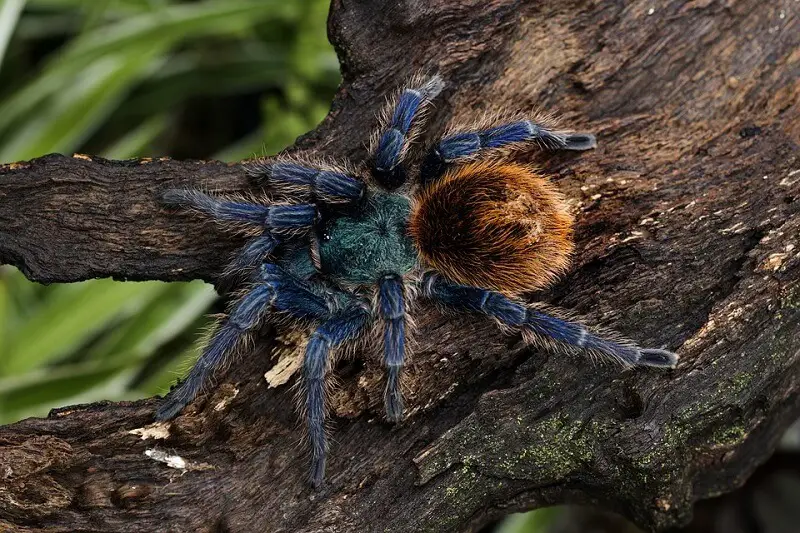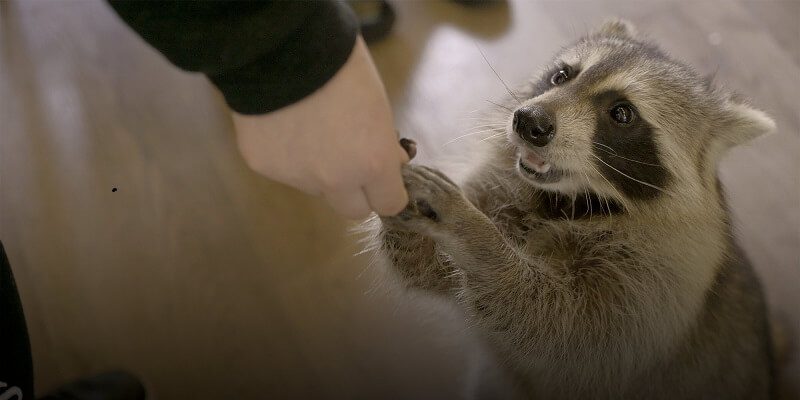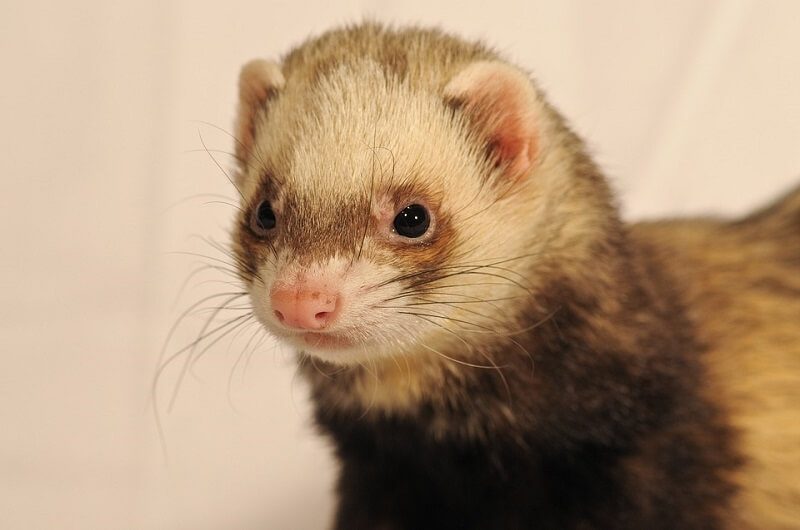Most people probably have a bottle or two of chlorine/bleach around the house that is used for clothes and cleaning. But is it safe to use bleach to clean a cage? Will bleach vapors harm your pet? Can you use chlorine with confidence?
Chlorine can be used to disinfect pet cages, but it cannot be used undiluted and must be rinsed completely before letting the pet return to its space. A bleach solution can be made by mixing water and chlorine together to obtain a 10% chlorine solution.
Caution!
Never use bleach to clean a fish, turtle, amphibian aquarium, or any other cage for animals that spend a lot of time in the water. Make sure you keep your pet away from the cage while cleaning it and protect anything you don’t want to be whitened, such as clothing, carpet, tablecloth, or furniture.
Rinse the chlorine solution with water only and do not mix it with other cleaning products. Chemical reactions may occur if you mix chlorine with some commercial cleaning agents such as toilet cleaning products or something that contains ammonia.
You might also like my articles on:
- How to clean rabbit poop off the grass
- How to set up a tarantula habitat
- Whether you can use human shampoo on a dog
The dish soap, but not the dishwasher detergent, is safe to mix with chlorine and will provide some soap bubbles if you prefer to have a foam solution.
The ratio of bleach to water
- Add 9 cups of water to a cup of chlorine
- When using half a cup of chlorine, add 4 and 1/2 cups of water
- To a quarter cup of chlorine add 2 and a quarter cups of water
Commercial cleaning products
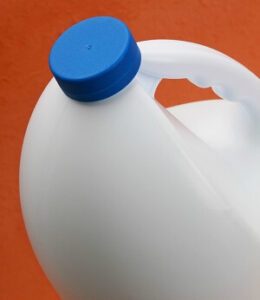 There are also commercial cleaning products that are safe to use on pet cages. Some of these cleaning products are marketed as environmentally safe, environmentally friendly products. Often the packaging is green and the product is easy to use with a spray end that can also be refilled.
There are also commercial cleaning products that are safe to use on pet cages. Some of these cleaning products are marketed as environmentally safe, environmentally friendly products. Often the packaging is green and the product is easy to use with a spray end that can also be refilled.
Of course, there are many other options available. Just look for herbal cleansers and stay away from anything that contains tea tree oil as it is toxic to birds and cats. Many people even prefer to make their own cleaning products with vinegar, baking soda, and lemon.
Concerns about the environment
Certain ingredients in many cleaning substances are harmful to the environment and animals too, especially for very sensitive animals such as birds and fish. Ammonia, 2-Butoxyethanol/ethylene glycol butyl ether, nonylphenol (Nonylphenol/NPE), silicon dioxide, toluene, nitrilotriacetic acid (NTA), Xylene, and phosphates are just a few of the dangerous ingredients commonly found in cleaning products.
Read the label on the back of cleaning products to see what you really are using when cleaning things.
Tips to avoid the passing of germs from your pet
Perform a proper veterinary check of your pet, for its own health and that of other family members. Controlling the bacteria and microorganisms that can live on our pets is important, especially for dogs and cats who spend part of the day outside.
Wash your hands after touching your pet. Avoid touching your eyes or nose without washing your hands.
Clean your pet when it gets inside the house. No thorough cleaning is required. Simply wash its paws as much as possible with wet wipes or dry them if it comes wet from outside.
Avoid letting it sit in some areas of your home, such as the kitchen. This is where food is prepared and it is where we need to be very careful to avoid the propagation of germs.
Place the bowl where the pet eats and the litter box where it does its needs in a separate area. This will prevent bacteria from passing from that place to the areas where other family members live. If your pet lives only in the cage you should always take out the leftovers and pay proper attention to keeping the cage clean.
Wash your hands thoroughly before cooking or touching the little ones in the house, if you have just been with your pet.
Use disinfectants when you need to clean. Do not use products that can be toxic to your pet.
Make sure you use safe products for your pet. It is very important to take these tips into account, especially in cases where babies and pets live together in the same house because disinfection must be done properly. When in doubt, dish soap and water work very well.
